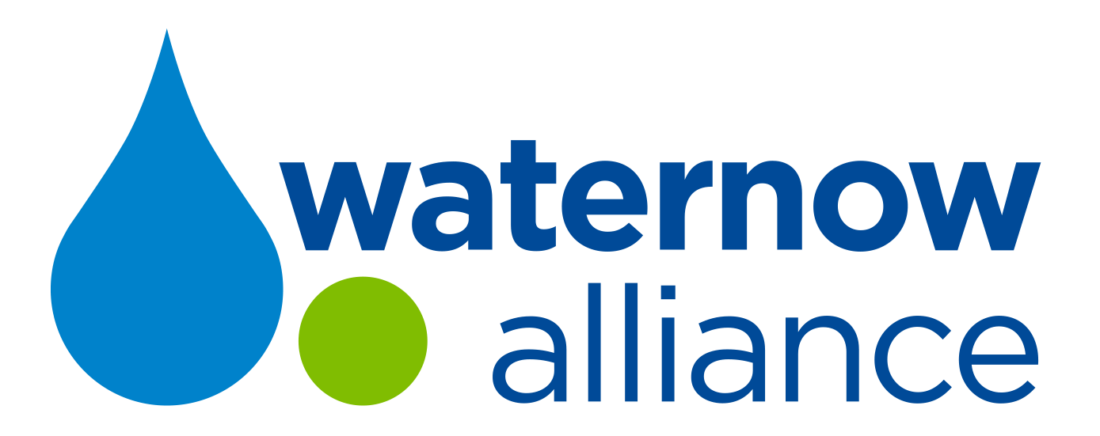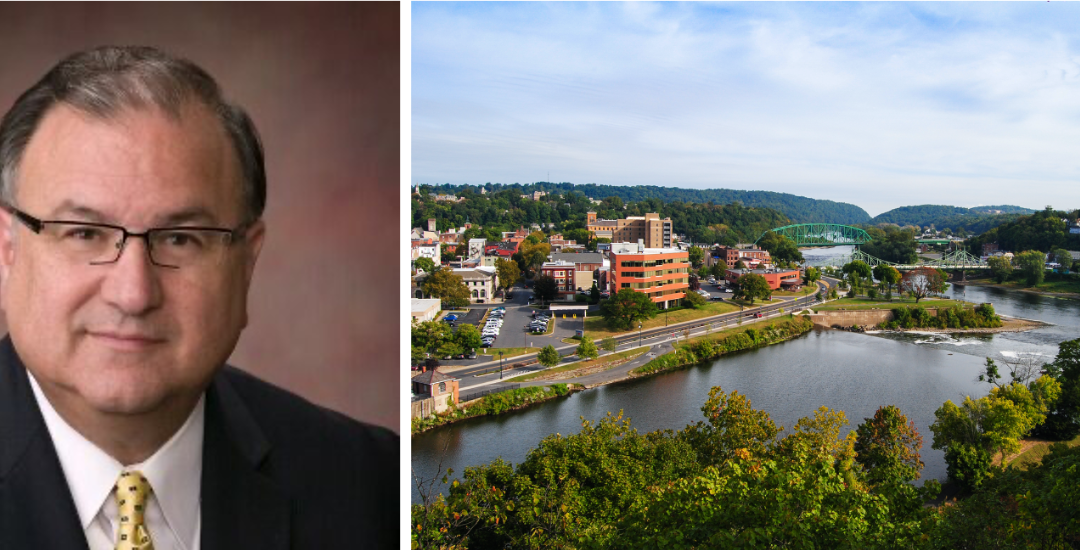A conversation with Mayor Sal Panto Jr., Easton, PA
Mayor Panto Jr. took office in Easton, Pennsylvania in 2008, following two prior terms as Mayor from 1984-1992. Mayor Panto Jr. is motivated to address the City’s water challenges – from flooding to stormwater management to water quality management – using cost-effective, sustainable best management practices.
WaterNow recently caught up with Mayor Panto Jr. to learn more about Easton’s sustainable water management priorities.
What are you most proud of these days?
I’d have to say I’m most proud of how Easton has been dealing with flooding. I took office in 2008 and before that, in 2004, 2005, and 2006 we had three major floods in the City. These were all related to the rise of the Delaware River because of extreme rain events and the New York reservoirs at the source of the Delaware weren’t releasing sufficient water beforehand which caused their spillways to overflow and flood numerous towns along the Delaware River.
We’ve worked with the Delaware River Basin Commission to rectify this situation and we haven’t had any flooding incidents since 2006. We’re still prone to floods so we’ve updated our flooding maps and ordinances to control what can and can’t be done in flood plains. Since more than half of our downtown is in the 500 year floodplain, we’ve mandated that all new structures have to be built up at least 18 inches. And we’ve purchased most of the waterfront shores in Easton and created parks and open space. We’re also home to the Nurture Nature Foundation, an organization that specializes in flooding and environmental issues.
We’re also working on improving our stormwater management to improve stormwater quality. Last year, we implemented an MS4 fee that’s dependent on the amount of impervious surface on a property. We’re collecting that money for a special MS4 fund for three years and then we’ll be doing all of the best management practices in the City by borrowing the money against future payments so that in years 3, 4, and 5 we’ll be making a lot of upgrades to impervious surfaces. This will include strategies like bioswales, rain gardens, and impervious asphalt. We’re also connecting with one of our Southern Townships about collaborating on these green stormwater infrastructure improvements.
We’re very proud of our drinking water and wastewater quality, both have been drastically improved over the last 12 years, primarily by replacing aging infrastructure. I think there are a lot of things people don’t understand about what goes into maintaining water quality, like all of the lead service lines we’ve been replacing. Whenever we come across a house that has a lead service line it’s replaced by the water authority. We’re also replacing all water mains over 50 years of age.
What are the key water challenges towns like yours are facing?
I would say that it’s the lack of a federal policy on infrastructure, and specifically water quality. The EPA is making changes now to what was protected and seems to be weakening the National Water Act and federal policy towards water quality. The key challenge has always been financing, the federal government can finance projects like this a lot more easily than we can, and I think the federal government needs to get back involved in infrastructure and water quality. I think regional collaboration is also important, in the Lehigh Valley our distribution lines are all connected so if one utility has a problem, their neighbors can step in.
What does success look like in addressing these challenges in 5 or 10 years?
Success means that everyone in our region and our country has access to clean water at a rate that they can afford and that every community can clean their wastewater before it goes back into our rivers and streams. Water quality should be a right not a privilege and everyone should have access to it regardless of their socioeconomic status.
It’s really easy to not invest in our infrastructure because it’s challenging to raise taxes and fees, but we need to make sure that people who are elected to public office take responsibility for maintaining these systems.

